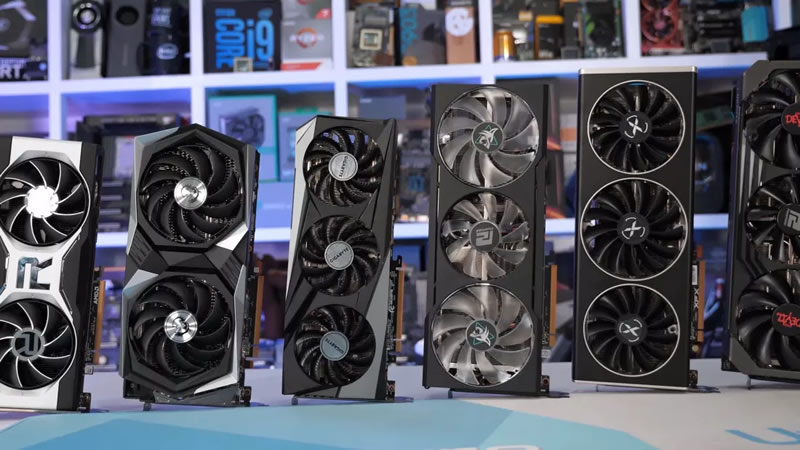Biden Administration Delays Tariffs on Computer Components from China
The Biden Administration has once again postponed the enforcement of tariffs on the import of certain computer components from China. This decision was taken amidst fears that graphics cards, motherboards, and other components could become 25% more expensive for Americans.
The 25% tariffs on the import of several Chinese goods, including PC components, were introduced by the Trump Administration in 2018. However, they were suspended in 2019 until January 2021. The Biden Administration then further extended the exemption from tariffs until the end of 2022, and then until the end of 2023. Now, the tax exemption period has been extended until May 31, 2025, reports foreign outlet TechSpot, citing a source.
The Potential Impact of Tariffs on Hardware Prices
Experts believe the reinstatement of tariffs could inflate prices for graphics cards and motherboards by 25% or more. This would hit the PC market, which has experienced unprecedented turbulence in 2022 due to supply chain disruptions and a fervent demand for graphics cards for cryptocurrency mining.
In the meantime, there are no signs that the Biden Administration plans to abolish the tariffs on Chinese imports imposed by Trump. Moreover, it has been reported that new tariffs are being prepared for products based on renewable energy from China. This includes a 100% tariff on cheap Chinese electric cars such as the BYD Seagull, which cost around $13,000.
US Authorities Discuss New Tariffs
US authorities justify the need for new tariffs in terms of national security and protection for American car manufacturers. However, there are concerns that such measures could hinder the US’s climate goals, given that China currently dominates the global renewable energy market.
As a reminder, the US, being the world’s second-largest emitter of greenhouse gases after China, officially recognized the threat of climate change and returned to the Paris Climate Agreement in 2021. The Biden Administration has set a goal to achieve net-zero carbon emissions in the US economy by 2050. For this, Washington has launched a substantial w program to subsidize “green” technologies, including electric transport and renewable energy.





